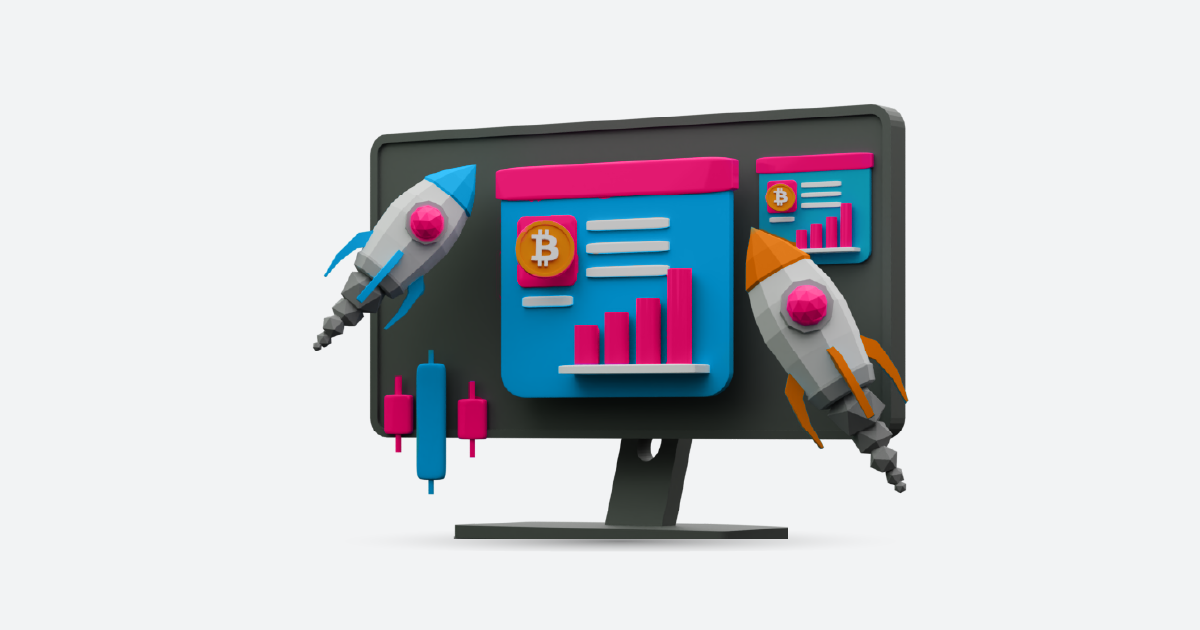In today’s dynamic digital landscape, brands are increasingly turning to influencer marketing to connect with their target audience. However, the success of influencer collaborations doesn’t solely rely on creative content; it requires strategic analysis and measurement. This is where Influencer Marketing Analytics plays a pivotal role.
Influencer Marketing Analytics: Unveiling the Metrics that Drive Digital Success

Influencer Marketing Analytics is the systematic examination of data related to influencer marketing campaigns. It involves measuring the performance, impact, and effectiveness of collaborations between brands and influencers. As the digital sphere evolves, understanding and harnessing the power of these analytics become crucial for brands seeking to optimize their marketing efforts.
The Evolution of Influencer Marketing
The roots of influencer marketing can be traced back to traditional celebrity endorsements. However, with the advent of social media, ordinary individuals gained the power to influence large audiences. The rise of social media influencers marked a paradigm shift, making influencer marketing more accessible and diverse.
Key Metrics in Influencer Marketing Analysis
To gauge the success of an influencer marketing campaign, several key metrics must be considered. Engagement rate, reach, impressions, and conversion tracking are vital indicators that help brands assess the impact of their collaborations.
Influencer Marketing Analytics Tools
Numerous tools cater specifically to influencer marketing analytics. Social media analytics platforms offer insights into audience demographics, while specialized influencer marketing tools provide more granular data, aiding in campaign optimization.
Setting Objectives for Influencer Marketing Campaigns
Before embarking on influencer collaborations, brands must clearly define their objectives. Identifying goals and understanding the target audience are crucial steps in creating effective campaigns.
Measuring Influencer Effectiveness
Assessing an influencer’s effectiveness goes beyond surface-level metrics. Brands should analyze the relevance of the content to the audience and evaluate the influencer’s connection with their followers.
Challenges
Despite the benefits, influencer marketing analytics comes with its own set of challenges. Ensuring data accuracy and addressing privacy concerns are ongoing issues that require careful consideration.
Strategies for Successful Influencer Marketing Analytics
Success in influencer marketing analysis involves collaborating with authentic influencers and maintaining a flexible approach. Continuous monitoring and adaptation to changing trends are crucial for sustained success.
Future Trends
The landscape of influencer marketing is ever-evolving. Anticipating future trends and leveraging technological advancements will be essential for staying ahead in this dynamic field.
Importance of Data Interpretation
Collecting data is just the first step; the true value lies in interpreting the numbers to derive actionable insights. Real-time decision-making based on analytics is a game-changer for brands.
Tips for Brands to Maximize ROI
Building long-term relationships with influencers and leveraging cross-channel analytics are strategies that can help brands maximize their return on investment in influencer marketing.
Engaging Influencers in Analytics Discussions
Fostering a collaborative relationship with influencers involves engaging them in discussions about analytics. Feedback loops and open communication contribute to the success of influencer campaigns.
Leveraging Micro-Influencers
While macro-influencers have their place, the benefits of collaborating with micro-influencers, including niche targeting, should not be overlooked. However, challenges such as scalability need careful consideration.
Conclusion
In conclusion, influencer marketing analytics is a powerful tool that goes beyond the surface of creative content. It’s about understanding data, making informed decisions, and adapting to the ever-changing digital landscape. Brands that embrace influencer marketing analytics stand to gain a competitive edge in the crowded digital marketplace.
For a firsthand experience of the power of analytics in boosting your brand’s influence, request a demo from AIM Technologies. Take the next step in elevating your influencer marketing strategies and unlocking unparalleled success.
FAQs
Can influencer marketing analytics work for small businesses?
- Absolutely! Influencer marketing analysis can be particularly effective for small businesses, providing targeted reach and measurable results.
How often should brands analyze their influencer marketing data?
- Regular analysis is crucial. Depending on the campaign’s duration, a weekly or monthly review ensures timely adjustments for optimal performance.
Are there ethical considerations in influencer marketing analysis?
- Yes, privacy concerns and ethical considerations should be at the forefront. Brands must ensure transparency and compliance with data protection regulations.
What role do influencers play in the analytics process?
- Influencers can provide valuable insights and feedback, contributing to the refinement of future campaigns. Collaborative discussions enhance the analytics process.
How can brands measure the long-term impact of influencer collaborations?
- Long-term impact can be measured through brand loyalty, increased organic engagement, and sustained growth in key performance indicators.




